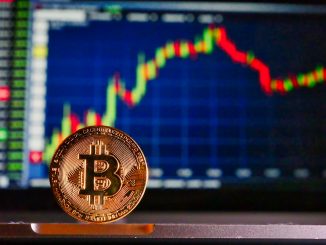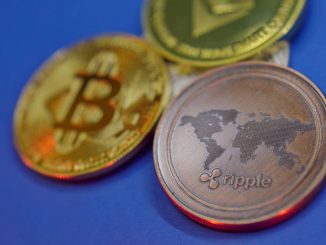First let’s get one thing out of the way. Language is a social convention and hence Bitcoins are money in at least one sense—they are considered money in ordinary conversation. Thus when Bill Gates owns $50 billion in Microsoft stock, people say he has “a lot of money.”
But it is certainly not money in the sense that economists use the term. Nor do monetary models apply to Bitcoins. Here are three famous uses of monetary models:
1. Inflation: A change in the supply or demand for money will impact its value. Because the nominal price of money is fixed by definition, its value can only change through a change in the price level. In contrast, a change in the supply or demand for Bitcoins will simply result in a change in the nominal price of Bitcoins.
2. Interest rates: Because prices are sticky in the short run, a change in the supply or demand for money will lead to a change in interest rates large enough to equilibrate the supply and demand for money after the market disturbance. This is called the liquidity effect. There is no liquidity effect for Bitcoins because their nominal price is not sticky, and hence interest rates do not need to adjust to equilibrate the supply and demand for Bitcoins.
3. Business cycles: Because wages are sticky in the short run, a change in the supply or demand for money that impacts NGDP will also impact employment and output. Again, with Bitcoins the nominal price adjusts, and there is no impact on business cycles.
Bitcoins can be used as a media of exchange and a store of value. They can be bartered for some other goods and services. But it’s not a media of account, the sine qua non of being “money.”
- Bulenox: Get 45% to 91% OFF ... Use Discount Code: UNO
- Risk Our Money Not Yours | Get 50% to 90% OFF ... Use Discount Code: MMBVBKSM
Disclaimer: This page contains affiliate links. If you choose to make a purchase after clicking a link, we may receive a commission at no additional cost to you. Thank you for your support!





Leave a Reply